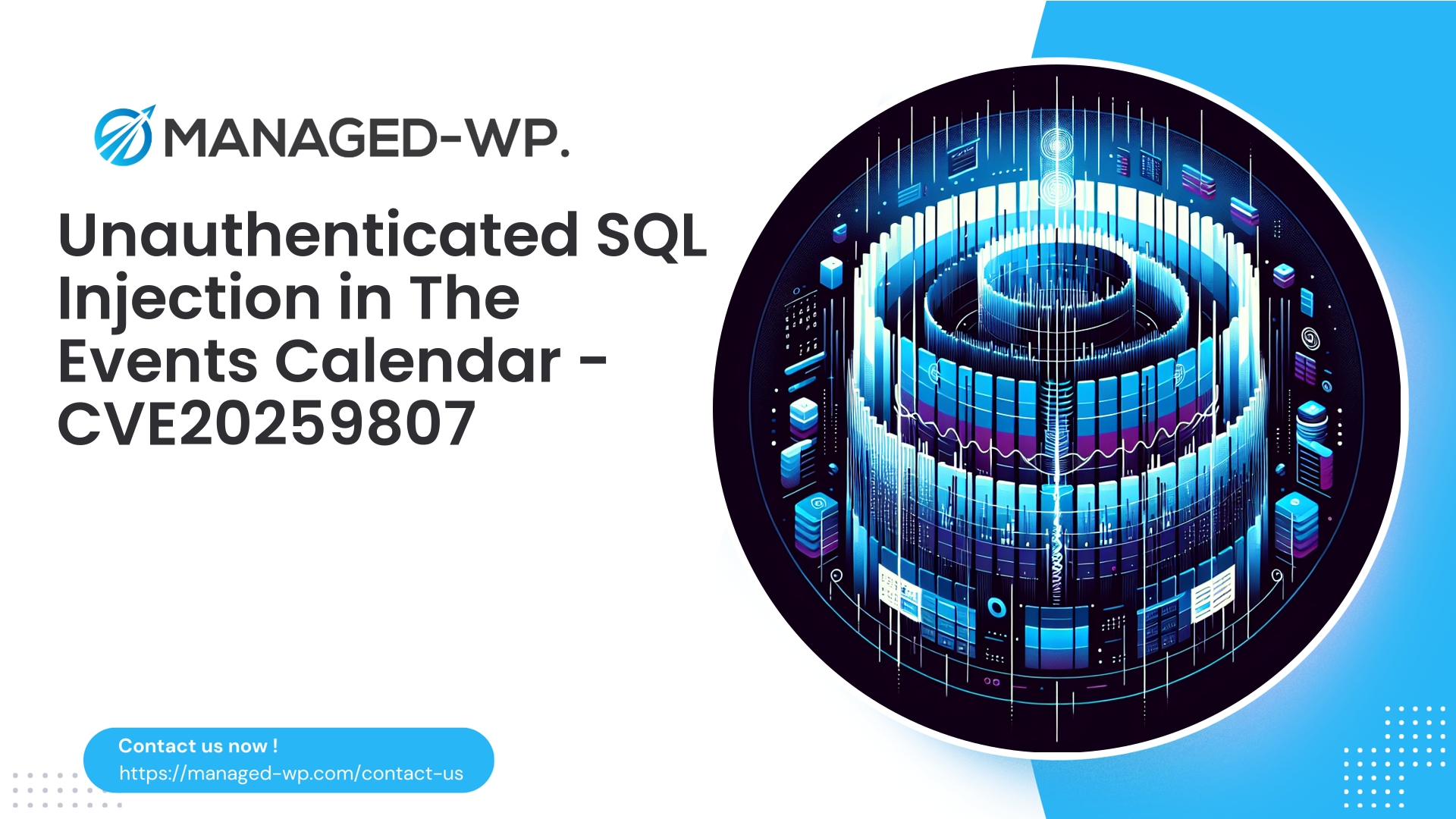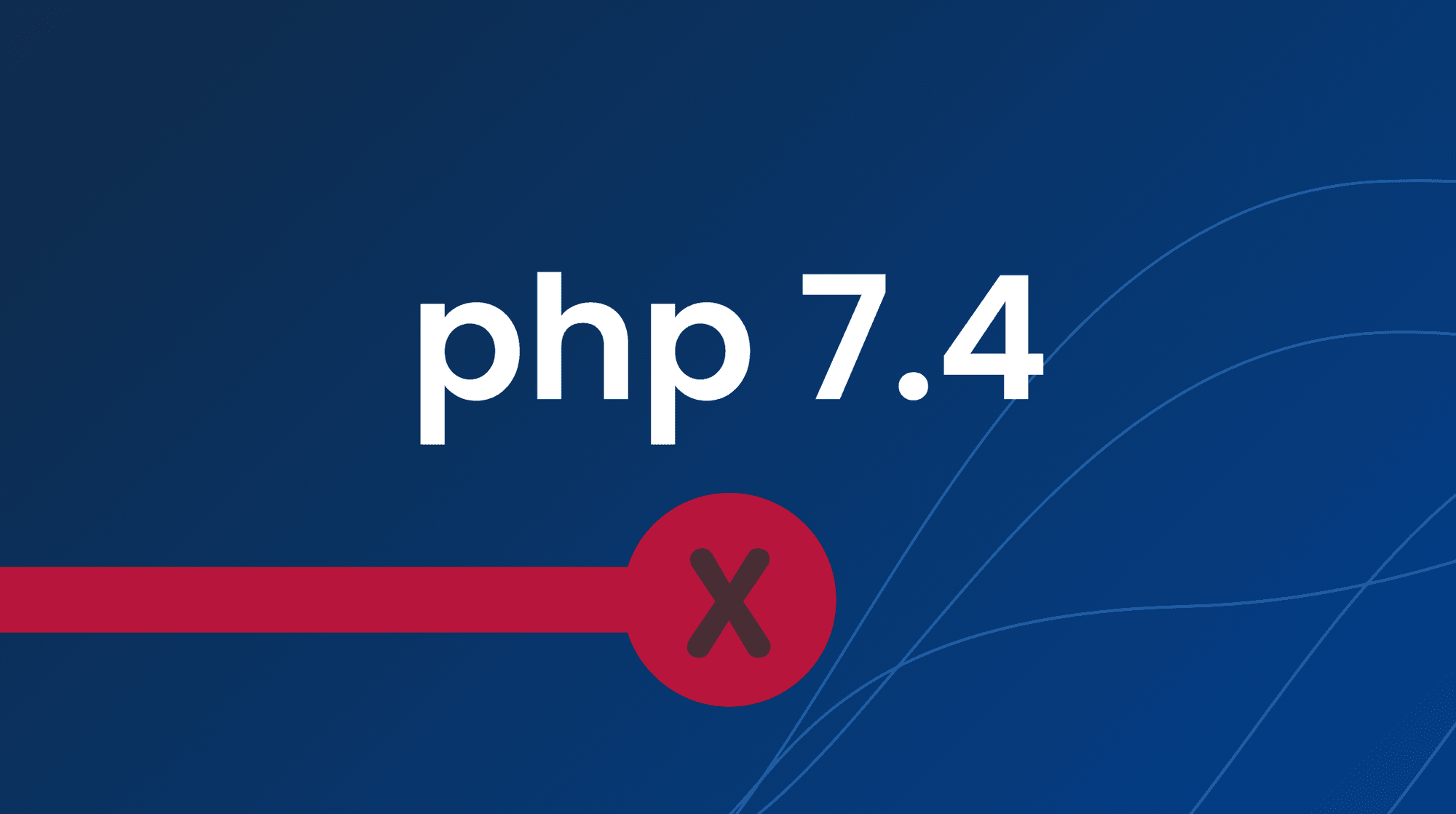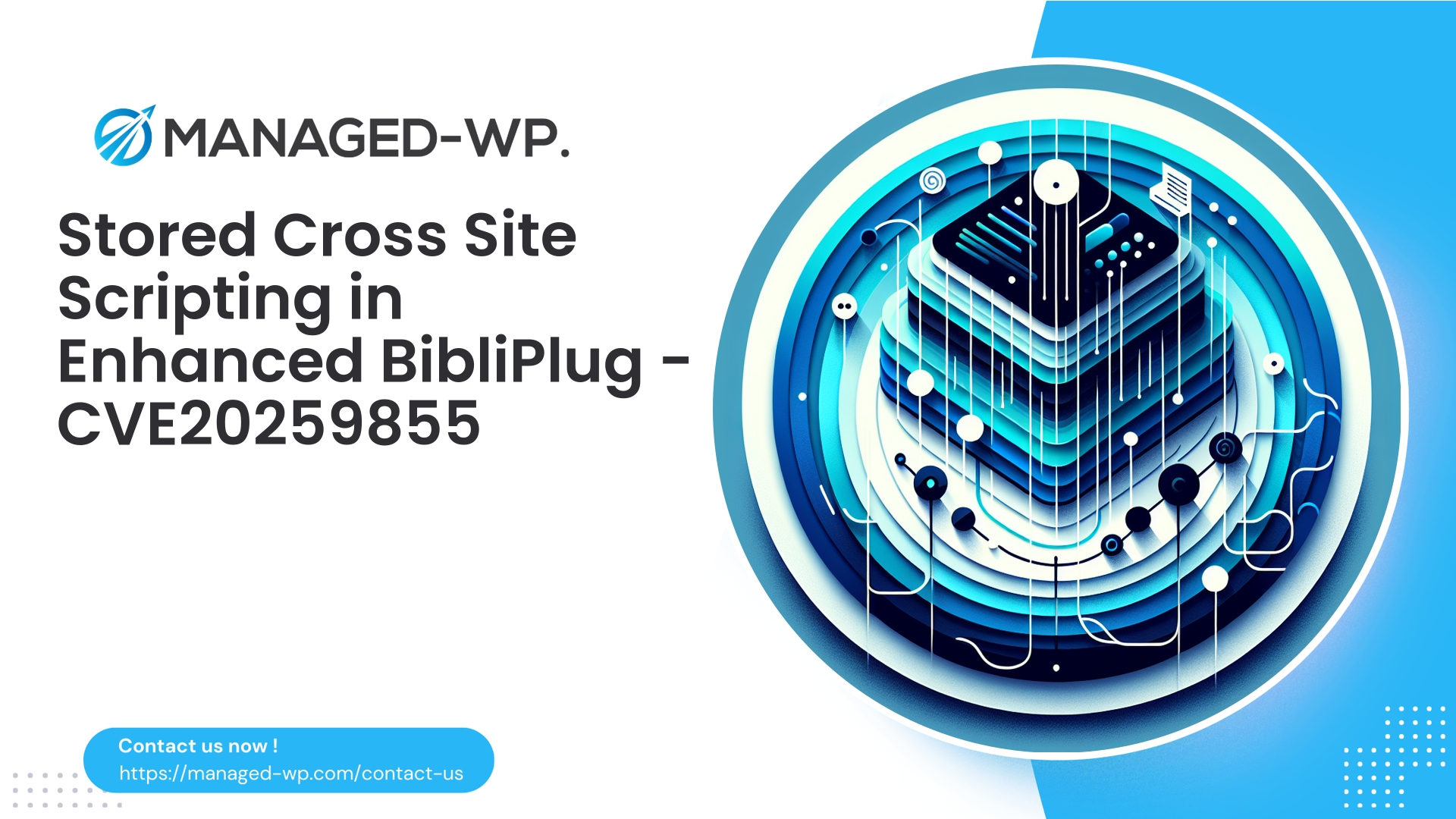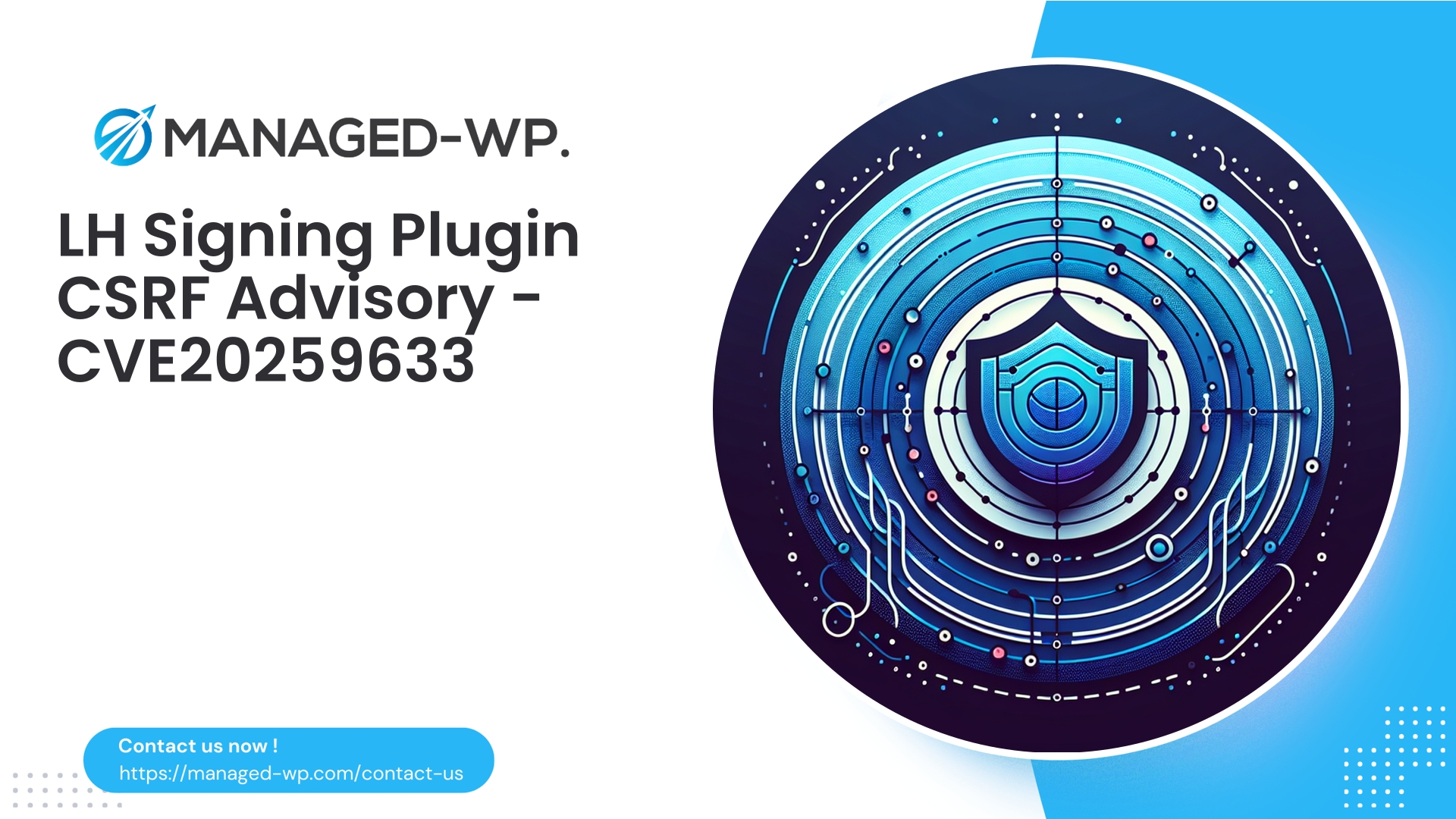| 插件名称 | 活动日历 |
|---|---|
| 漏洞类型 | SQL 注入 |
| CVE编号 | CVE-2025-9807 |
| 紧急 | 高的 |
| CVE 发布日期 | 2025-09-11 |
| 源网址 | CVE-2025-9807 |
紧急安全公告:活动日历(<= 6.15.1)— 未经身份验证的 SQL 注入漏洞 (CVE-2025-9807) — WordPress 网站所有者需立即采取行动
发布日期: 2025年9月11日
作者: 托管式 WordPress 安全专家
概括
- 受影响的软件: 活动日历 WordPress 插件
- 受影响的版本: 6.15.1 及更早版本
- 可提供的补救措施: 版本 6.15.1.1
- CVE标识符: CVE-2025-9807
- 需要访问权限: 无(未经认证)
- 严重程度: 高危 – CVSS评分9.3
- 主要风险: 未经身份验证的 SQL 注入漏洞,结合其他漏洞,可能导致数据泄露、篡改或远程代码执行。
如果您的 WordPress 网站运行的是 Events Calendar 插件 6.15.1 或更早版本,请立即重视此问题。此未经身份验证的 SQL 注入漏洞允许攻击者无需任何登录凭据即可直接与您的数据库交互。在本安全公告中,我们将概述威胁的性质、检测指标、建议的缓解措施,以及如何结合虚拟补丁管理的 Web 应用程序防火墙 (WAF) 来保护那些必须延迟立即更新的网站。
重要的: 首要任务是立即将 The Events Calendar 插件更新至 6.15.1.1 或更高版本。请继续阅读以获取详细的缓解指南和事件响应策略。
目录
- 事件概述
- 为什么这个漏洞至关重要
- 技术解析:漏洞工作原理
- 利用途径和威胁场景
- 检测攻击和入侵迹象
- 场地所有者应立即采取的补救措施
- 虚拟补丁和托管 WAF 保护
- WAF 规则策略示例
- 事件响应和恢复检查清单
- 事件后安全加固
- 立即获取 Managed-WP Essential Protection
1)事件概述
The Events Calendar WordPress 插件中发现了一个严重的 SQL 注入漏洞。该漏洞允许未经身份验证的攻击者将恶意 SQL 代码注入到插件处理的数据库查询中。由于无需身份验证,攻击者只需向插件端点发送精心构造的 HTTP 请求即可利用此漏洞。
因此,攻击者有可能访问、修改或删除敏感的 WordPress 数据(包括帖子、用户和事件信息),提升权限,并且在某些情况下,通过与其他漏洞链接,执行任意代码。
2)为什么这个漏洞至关重要
- 未经授权的剥削: 攻击者无需任何登录凭证即可发起攻击。
- 完全数据库访问风险: 成功利用该漏洞可能会泄露电子邮件地址、哈希密码、API 密钥和事件数据,或者允许对数据库进行破坏性操作。
- 高利用可能性: 广泛使用的、存在未经认证漏洞的插件是自动攻击扫描器和僵尸网络的主要早期目标。
- 网站可能被完全接管: 攻击者可能会将 SQL 注入与其他插件或核心漏洞结合起来执行代码。
- 声誉和合规性影响: 数据泄露或篡改可能导致严重的停机时间、法律责任以及客户信任的丧失。
3)技术解析:漏洞工作原理
该漏洞源于插件内部输入验证不足和不安全的 SQL 查询构造:
- 用户输入直接连接到 SQL 语句中,无需使用预处理查询或参数绑定。
- 通过 REST API 或 AJAX 端点接收的输入参数未经过适当的清理或验证。
- 动态 SQL 查询使用未经过滤的 GET 或 POST 参数构建,并通过 WordPress 的数据库 API 执行。
调查要点:
- 检查插件处理用户输入的 REST 和 AJAX 端点。
- 查看插件开发者的发布说明或变更日志,以确定已修复的功能。
我们强调,公开分享漏洞利用代码是不负责任的,并可能导致广泛的滥用。经授权的安全测试应在安全、受控的环境中进行。
4)攻击途径和威胁场景
攻击者通常使用以下方法:
- 自动扫描器通过探测已知的 API 端点来识别受影响的站点。
- 利用布尔注入或基于错误的 SQL 注入等技术进行数据窃取,以获取敏感数据。
- 在事件字段中存储恶意载荷,以实施跨站脚本(XSS)攻击。
- 通过篡改用户表提升权限。
- 如果数据库写入操作转化为文件系统更改,则可通过上传后门进行横向移动。
鉴于这是一个未经证实的问题,大规模攻击活动可能在信息披露后迅速展开——通常在数小时或数天内。请假设您的网站可能成为攻击目标。
5)检测攻击和入侵迹象
需要监测的指标包括:
Web 服务器和应用程序日志
- 插件特定端点的请求量异常增加。
- 包含 SQL 语法关键字(例如 SELECT、UNION、-)的请求。
- 来自单个 IP 地址的重复失败请求或可疑模式。
数据库和应用程序标志
- 意外的插入或修改
wp_posts,wp_users或者插件特定的表格。 - 新增或变更的管理员用户,其凭据强度不足。
- 在事件记录中注入 SQL 片段或编码有效载荷。
- 插件记录的 SQL 语法错误。
文件系统异常
- 上传目录或插件目录中新增或修改的 PHP 文件。
- 未经授权更改配置或主题文件。
建议的日志检查
- 搜索 Web 服务器日志,查找对插件 REST 或 AJAX 端点的请求。
- 筛选日志,查找 SQL 注入指标,例如“UNION”、“SELECT”、“BENCHMARK”或“information_schema”。
- 检查数据库审计日志,查找可疑查询。
6)场地所有者的立即补救措施
如果您的网站运行的是 The Events Calendar 6.15.1 或更早版本,请继续执行以下操作:
- 更新插件
- 立即升级到 6.15.1.1 或更高版本——这是彻底的解决方案。
- 确认自动更新已成功完成并清除网站缓存。
- 如果更新延迟,请采取缓解措施
- 实施托管式 Web 应用程序防火墙 (WAF) 或虚拟补丁规则,以阻止针对此漏洞的已知 SQLi 模式。
- 在可行的情况下,通过 IP 地址白名单限制对插件端点的访问。
- 禁用未使用的公共插件端点(例如,REST API 接口)。
- 持续监控日志
- 跟踪访问和 WAF 日志,以发现探测和攻击尝试。
- 暂时提高警报阈值,以便及早发现可疑流量。
- 执行备份
- 创建当前异地备份(文件和数据库)。
- 如果怀疑环境遭到入侵,请在修复之前先对环境进行快照。
- 扫描并修复
- 进行彻底的恶意软件和完整性扫描。
- 如果发现感染,启动事件响应和恢复程序。
7) 虚拟补丁和托管 WAF 保护
对于无法立即升级的站点(由于定制、测试或部署限制),托管式 WAF 提供了关键的补偿控制措施:
虚拟补丁如何发挥作用
- 在恶意载荷到达易受攻击的插件代码之前将其拦截。
- 部署定制规则,以检测和拒绝针对“事件日历”端点的 SQL 注入尝试。
- 在实施永久性修复措施期间,缩短暴露窗口期。
管理型 WAF 的益处
- 快速部署防护措施,覆盖多个存在漏洞的站点。
- 持续调整规则,以最大限度地减少误报并适应不断变化的威胁。
- 可操作的日志数据,支持取证分析和安全通知。
Managed-WP 的安全方法
- 主动分发针对 CVE-2025-9807 攻击模式的 WAF 规则。
- 虚拟修补技术可在不中断网站功能的情况下隔离易受攻击的端点。
- 在遭受攻击时向客户发出警报,并建议及时更新插件。
- 提供互补的恶意软件扫描和攻击后检测,实现全周期保护。
8) WAF 规则策略示例
以下列举了一些安全团队用于缓解插件端点 SQL 注入风险的有效且安全的模式示例。这些模式应进行定制并经过严格测试:
- 端点访问限制: 阻止或限制对类似路径的请求
/wp-json/tribe/events/v1/*来自不可信来源或未经身份验证的用户。 - 参数验证: 对预期参数强制执行严格的输入白名单机制,拒绝包含 SQL 控制字符的参数。
- 检测 SQL 关键字: 阻止包含高风险代币的输入,例如:
联盟,选择,降低以及诸如此类的功能睡觉()或者基准(). - 速率限制和异常评分: 对表现出可疑行为的流量进行限流,以减轻自动化暴力破解和扫描攻击。
- 有效载荷编码检查: 监控可能隐藏注入载荷的过度 URL 编码或混淆尝试。
概念性WAF规则示例(伪代码):
如果 request.path 以 "/wp-json/tribe/events" 开头且 request.auth 为空,则如果 request.query_params 包含正则表达式 "(?i)(union|select|information_schema|benchmark|sleep)\b",则返回 403 阻止请求。如果 request.query_params['id'] 不匹配 "^\d{1,6}$",则返回 403 阻止请求。
笔记: 在正式环境应用安全规则之前,务必先在测试环境中进行测试。过于宽泛的过滤器可能会导致插件的合法功能失效。Managed-WP 会对规则进行微调,以实现安全性和功能性之间的最佳平衡。
9) 事件响应和恢复检查表
如果您怀疑您的网站已被恶意利用或检测到可疑活动,请按照以下优先顺序进行检查:
A. 遏制
- 立即应用 WAF 规则或暂时禁用受影响的插件端点。
- 考虑将网站置于维护模式以防止造成进一步损失。
B. 保存
- 对服务器和数据库进行完整快照,以便进行取证审查。
- 导出涵盖相关时间段的日志(Web 服务器、应用程序、WAF)。
C. 分析
- 审核访问日志,查找可疑请求和事件时间线。
- 查找未经授权的数据库更改,例如可疑用户帐户和修改后的帖子/事件。
- 扫描文件系统,查找意外的 PHP 或其他可执行文件。
D. 补救措施
- 将 Events Calendar 插件升级到修复版本。
- 删除未经授权的用户并重置管理员密码。
- 如果确认文件被篡改,请从备份中恢复干净的文件。
- 轮换所有敏感凭证,包括 API 密钥和数据库密码。
E. 事故后强化
- 进行彻底的恶意软件和rootkit扫描。
- 为所有管理帐户启用多重身份验证。
- 加强日志记录,并建立更完善的警报阈值,以便及早发现威胁。
F. 沟通
- 如果个人数据或支付数据遭到泄露,请遵守违规通知规定,并通知受影响方和托管服务提供商。
- 记录事件发生的时间线和补救措施,以供内部和监管记录之用。
10)事件后安全加固最佳实践
从这次事件中吸取教训,持续加强安全防护:
- 维护所有 WordPress 核心和插件的更新;在正式上线前先在测试环境中进行测试。
- 尽量减少已安装的插件,删除未使用的或不活动的插件。
- 对用户角色应用最小权限原则。
- 强制执行严格的密码策略并启用多因素身份验证。
- 部署具有虚拟补丁支持的托管式 Web 应用程序防火墙。
- 安排定期异地备份并验证恢复流程。
- 实施文件完整性监控和警报。
- 密切跟踪管理员帐户的创建和访问日志。
- 隔离托管环境并尽可能限制数据库访问。
11) 立即获取 Managed-WP Essential Protection
使用量身定制、托管的安全解决方案保护您的 WordPress 网站,这些解决方案旨在提供紧急和持续的防御。
Managed-WP 免费方案提供即时基础防护,包括托管防火墙、无限带宽保护、WordPress 优化型 Web 应用防火墙、恶意软件扫描以及 OWASP Top 10 威胁缓解。它能够快速拦截未经身份验证的注入尝试和其他常见攻击途径,为您争取宝贵时间,以便应用官方更新并有效协调事件响应。
现有方案概览
- 基础版(免费): 托管防火墙、无限带宽、Web 应用防火墙 (WAF)、恶意软件扫描、OWASP Top 10 缓解措施。
- 标准($50/年): 新增自动恶意软件清除和 IP 黑名单/白名单功能。
- 专业版($299/年): 包括月度报告、自动虚拟补丁,以及高级附加功能,例如专属客户经理、安全优化、WP 支持令牌、托管 WordPress 服务和托管安全服务。
为什么托管式 WordPress 保护至关重要
- 免费安全软件可以在您打补丁的同时降低遭受已知漏洞攻击的风险。
- 升级后可实现移除功能和增强监控,这对任务关键型或高流量网站来说非常有价值。
Managed-WP 安全团队的最后想法
这款被广泛使用的 WordPress 插件中存在的未经身份验证的 SQL 注入漏洞,构成了一项重大且时间紧迫的风险。最有效的缓解措施是及时更新插件。如果无法立即进行更新,则可通过托管的 Web 应用防火墙 (WAF) 进行虚拟修补,并结合严密的监控和全面的事件响应机制,提供强有力的临时保护。
我们的团队持续监控威胁活动,并实时更新防护措施,以保护客户安全。如果您需要专家支持来调查可疑活动、实施临时防护或进行恢复,请咨询您的主机提供商或专业的 WordPress 安全专家。
保持警惕,做好备份,并优先考虑及时打补丁。
— Managed-WP 安全团队
参考文献及延伸阅读
- 官方插件更新日志和供应商公告——请参阅插件主页或支持渠道。
- CVE详情: CVE-2025-9807
- OWASP关于SQL注入和安全测试最佳实践的指南。
注意:安全测试务必在获得适当授权后在隔离环境中进行。



















